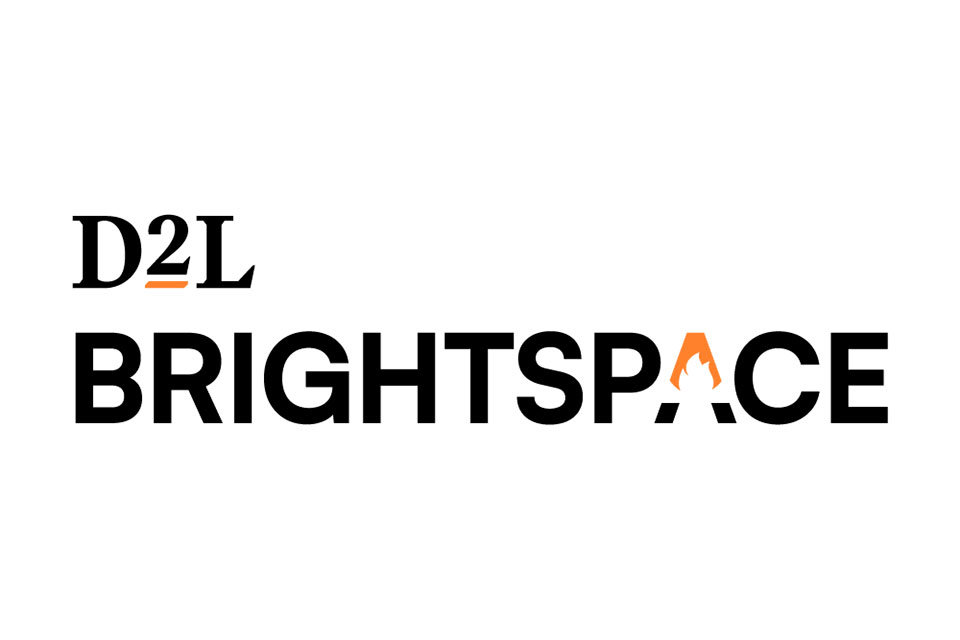-

Brightspace Project Updates
We will use the Dickinson Today announcement feature to share information and updates. We’ll keep an archive of those communications here. Copy of email that was sent on 3/10/25 to faculty that will be using Brightspace in Fall 2025: Thank you again for signing up to transition from Moodle to Brightspace for this coming Fall.…
-
AI Scout Agent Post 12/3/25
This post was written by the ChatGPT agent that we set up to look for AI related ed-tech news and trends. Continuing Our Partnership With ChatGPT: AI & Higher‑Ed Blog Series Hello community! Earlier this semester we partnered with ChatGPT to build a specialized Higher‑Education AI Intelligence Scout. This agent runs every week, scanning the open web for…
-
Partnering with an AI Scout: Launching Our Weekly Higher‑Ed AI Blog Series
This post was written 100% by ChatGPT agent that I (James D’Annibale) designed to scan the internet for Teaching/Learning AI news and trends. The agent finds stories, puts them into themed categories for me, and then I tell it which stories are truly noteworthy for the context of Dickinson College. It then writes a blog…
-
AI Chatbots for Foreign Languages
In a previous post, I described updates we have made to our Dickinson Chatbot. There are other free chatbots that can be used for practicing foreign languages as well, that you may prefer. The best one I’ve seen is from AI School. For most faculty here, we won’t run into caps on their free version…
-
Update to Foreign Language Chatbot
We have made several important upgrades to the foreign language chatbot, adding audio for verbal conversations and the ability for professors to view transcripts of their students’ conversations. I’ve created at least one demo chatbot for each foreign language taught at Dickinson to give an idea of what’s possible. Keep in mind these bots can…
-
Syllabus Statement Guidance (Updated for 25-26 School Year)
James D’Annibale, Director of Academic Technology *Academic Technology would like to thank the following Dickinsonians for their contributions to this page whether through direct edits or constructive conversations: Dr. Renee Cramer, Dr. Amy Steinbugler, Dr. Michel Kozimor, Dr. Kirk Anderson, Dr. Howard Rosen, and many more colleagues* This document offers guidance on how to clearly…
-
Transparent Assignment Design in the Age of AI
James D’Annibale, Director of Academic Technology Written with help from ChatGPT to organize examples and bring consistency to the structure and tone. *Academic Technology would like to thank the following Dickinsonians for their contributions to this page whether through direct edits or constructive conversations: Dr. Renee Cramer, Dr. Amy Steinbugler, Dr. Michel Kozimor, Dr. Kirk…
-
Sample AI Related Syllabus Statements
James D’Annibale, Director of Academic Technology Written with help from ChatGPT to organize examples and bring consistency to the structure and tone. *Academic Technology would like to thank the following Dickinsonians for their contributions to this page whether through direct edits or constructive conversations: Dr. Renee Cramer, Dr. Amy Steinbugler, Dr. Michel Kozimor, Dr. Kirk…
-
AI-Use Belief Statement: James D’Annibale
One Educator’s Perspective: Approaching AI in Teaching and Learning with Intention By James D’Annibale, Director of Academic Technology at Dickinson College The views expressed here are personal and do not represent the official position of Dickinson College or the Academic Technology Department. Updated 8/28/25 Introduction As educators continue to grapple with the implications of generative…
-

Dickinson AI Symposium
Academic Technology gave several presentations during the AI symposium. Thank you to everyone who attended. We also understand it is a difficult time for faculty and students to attend. Below is a brief synopsis of our presentations and notes. James and Todd are both happy to meet with anyone if you have questions or see…
-

AI Generated Art
Written by: William Milberry (milberrw@dickinson.edu) I’ve been an avid photographer for over 20 years and consider myself a little bit of an artist. I think there is a lot of cross-over between using generative AI and photography or even other forms of visual art. Long ago I read the books of legendary photographer Ansel Adams…
-

How I used AI in German 102
We used AI several times in German 102, and overall I found it very helpful. The most frequently used tool was the chatbot we developed over the summer. You can embed it within a Moodle course along with custom instructions to create scenarios via ChatGPT’s API. Students can also now send a transcript of their…
Notes from the Bosler basement.
A blog about educational technology at Dickinson College.
